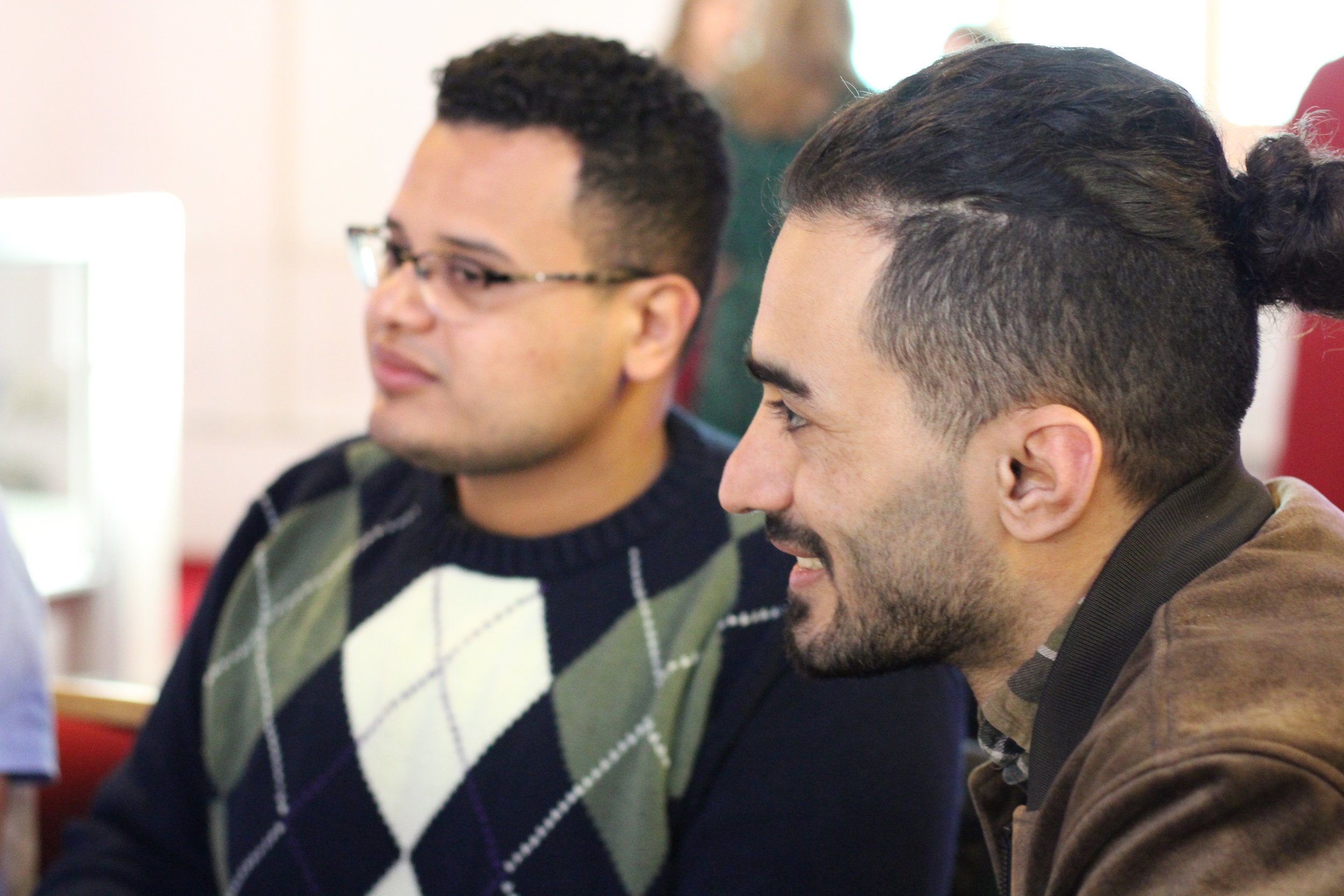Five things we’ve learnt about caring for refugees
By Chris Niem, part of HTB’s Social Transformation team
As churches across the world have sought to welcome refugees and prepare to support thousands more in the coming months, Chris Niem, part of HTB’s Social Transformation team, shares steps they took to care for their new neighbours.
1
Emergency response
One of the first things we did when responding to the refugees temporarily residing near Holy Trinity Brompton (HTB) was to tackle their immediate needs. This included holding donation drives so that members of the congregation could donate clothes, winter coats as well as funds to purchase toiletries, socks, and other essentials. There was also a need for baby supplies, and equipment, which we were able to provide through a partnership with a local charity.
2
Connecting families with the local council
HTB served as a bridge to connect refugees with the local council - vital in establishing access to essential services. One significant part of this was to help to enroll children into local schools, so essential for them to integrate into daily living. Part of connecting refugees with local councils included signing up with the DWP (Department of Work and Pension), which allowed them to begin the process of obtaining the right to work. They were also able to assist with applying for a National Insurance number and Universal Credit.
3
English Programmes
In conjunction with Hillsong Church London, HTB offers weekly English conversation lessons to asylum seekers and refugees in the form of a Community Café held at St Luke’s Earls Court. These sessions have been invaluable in allowing attendees to increase their comfort in speaking English and confidence to acclimate to the broader UK society.
4
Employment
In addition, we invited refugees to take part in HTB’s Re-Work employability programme. Even though they are in a state of limbo due to their temporary living conditions, the refugees benefited from the opportunity to explore employment in the UK. During the course, they were equipped with the skills, mindset, and confidence needed to find a job.
5
Additional Programmes
HTB was able to offer additional sewing and knitting courses to enable women to use their creative skills, and a cooking programme, as the women had not been able to cook for their families in their temporary accommodation. They were able to spread joy through food made in church kitchens.
Find out more about how HTB is providing crisis support, advice and training to those in need through Love Your Neighbour.




